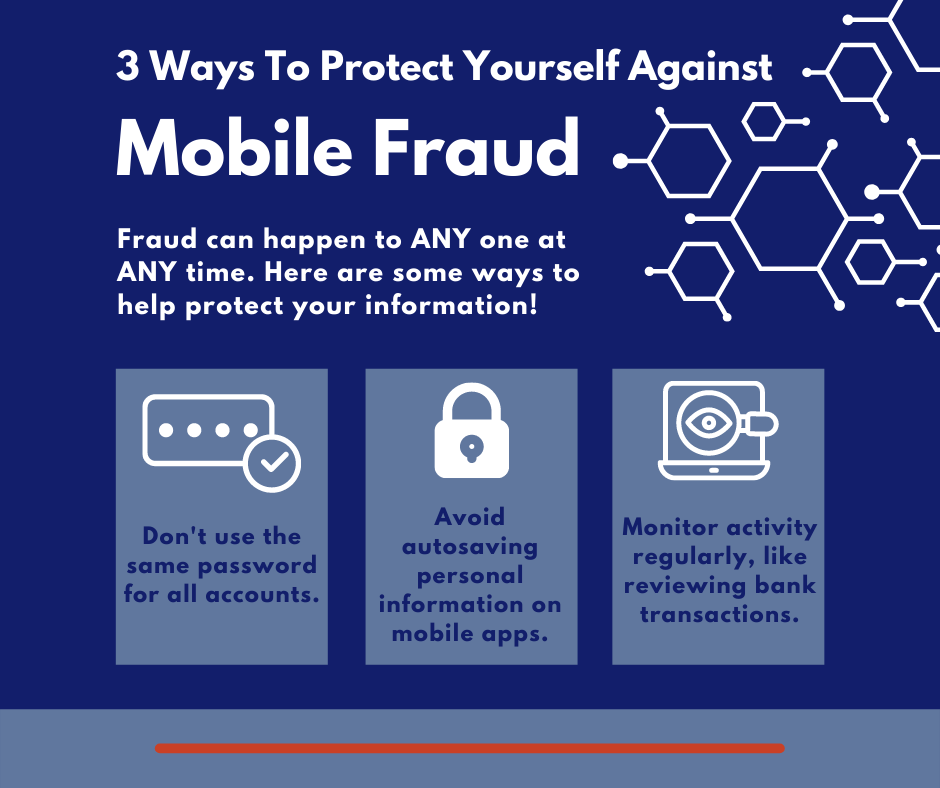Grandparent scams are a heartbreaking reminder that scammers often target those who have given us so much love and care. It is unsettling to think that a simple phone call can turn into a nightmare but knowing what to watch for can help protect our loved ones—and even ourselves—from falling prey to these schemes.

A Relatable Look at the Grandparent Scam
Imagine receiving a call from someone claiming to be your grandchild, sounding panicked and desperate. The caller explains that there has been an emergency—perhaps an accident or a legal issue—and urgently needs financial help. In that split second, fear can override caution, and you might feel compelled to act immediately. Unfortunately, this is exactly how the grandparent scam works.
According to the Minnesota Attorney General’s Office, scammers often use a familiar voice to build trust and create a sense of urgency. As noted on their website:
“A phone call claiming to be from a family member who is in trouble is one of the hallmarks of this scam.” — Minnesota Attorney General’s Office
This quote perfectly captures the emotional manipulation at play. Scammers exploit the natural worry we feel for our family members, and the pressure to help can cloud even the most prudent judgment.
Why This Scam Feels So Personal
The tactic is deeply personal. By impersonating someone you know and love, scammers make you question every emotion tied to your family. They rely on the trust that comes with years of shared memories, only to twist that trust into a tool for exploitation. This is not just a technical fraud—it is a betrayal of the bonds that hold families together.
Steps to Protect Yourself and Your Loved Ones
If you or someone you know is on the receiving end of such a call, consider these tips:
- Take a Moment to Pause: Scammers thrive on urgency. If something feels off, give yourself time to think.
- Verify the Story: Call your grandchild or another family member directly. Use a known number—not one provided by the caller.
- Ask Specific Questions: Scammers might not know the tiny details that only a true family member would.
- Avoid Immediate Money Transfers: Do not send money via wire transfers, gift cards, or cryptocurrency. These methods are difficult to trace and recover.
What to Do If You Are Targeted
If you suspect that you have been targeted by a grandparent scam:
• Contact Local Law Enforcement: Report the incident to your local police or sheriff’s department.
• Notify Financial Institutions: Inform your bank or credit card company if money has been sent.
• Reach Out for Guidance: Visit the Minnesota Attorney General’s website for more detailed information and additional resources.
Final Thoughts
Being vigilant and informed is the best defense against these scams. By understanding the tactics used by fraudsters, we can protect ourselves and our loved ones from emotional and financial harm. Remember, if something does not feel right, take a moment to verify the situation. After all, it is better to be safe than sorry.
References
Minnesota Attorney General’s Office. (n.d.). Grandparent Scams. Retrieved from https://www.ag.state.mn.us/consumer/publications/grandparentscams.asp













